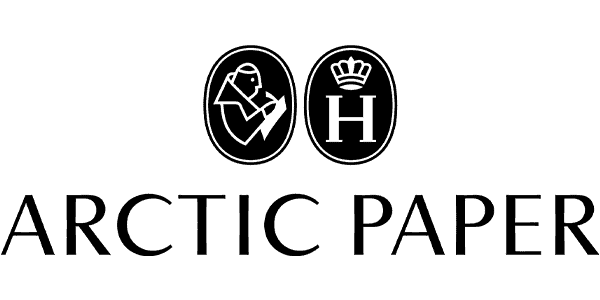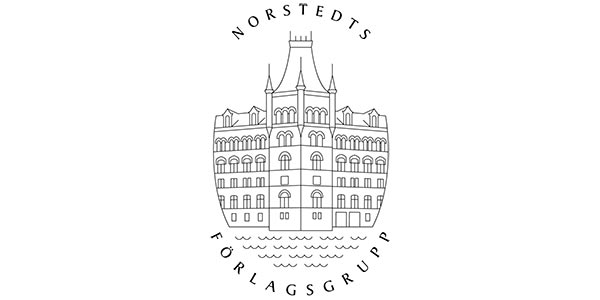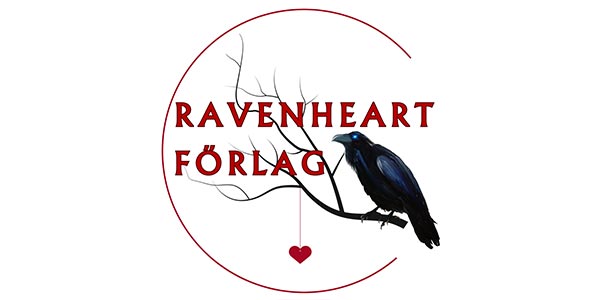
'We don't use the word race' : boundaries of in-group membership in Sweden

| Författare | |
|---|---|
| Förlag | Malmö Universitet |
| Genre | Samhälle, politik och debatt |
| Format | Häftad |
| Språk | Engelska |
| Antal sidor | 160 |
| Vikt | 352 gr |
| Utgiven | 2024-05-03 |
| SAB | Ohe |
| ISBN | 9789178774616 |
This dissertation explores the connections between the group construction of Swedishness, whiteness, and belongingness, exploring how these dynamics shape individuals' experiences of belongingness and non-belongingness. Employing a social-psychological lens, the research investigates the interplay between race and ingroup construction, shedding light on the complexities of Swedish identity within the broader global context. The dissertation comprises of a introduction (Kappa) and three stand alone articles, each contributing to the academic discourse while intersecting in their themes.
The first article utilizes quantitative data to examine the feelings of belongingness among individuals from different ethnic backgrounds in Sweden. Results indicate a positive correlation between national and ethnic identifications, allowing for concurrent membership in various groups without contradiction, yet also suggests an empirical link between being appraised as Swedish and being white. The second article presents qualitative data, revealing that 'Swedishness' is closely tied to whiteness, particularly among white participants who also espoused hesitancy and adversion to the concept of ‘race’. In contrast, non-white participants display a more nuanced perspective on race and racialization. The third article investigates whether majority ethnic in-group and non-majority out-group members perceive and agree upon broad and specific representations of 'Swedishness' through a classic social categorization experiment. Results suggest a prevalence of associating 'Swedishness' with white individuals, despite efforts towards multicultural representation.
Through these investigations, the dissertation provides valuable insights into the construction of Swedish group identity and its implications for both in-group and out-group members. By addressing research gaps and employing diverse methodologies, this work contributes to a deeper understanding of intergroup relations and identity dynamics in contemporary Swedish society.





















